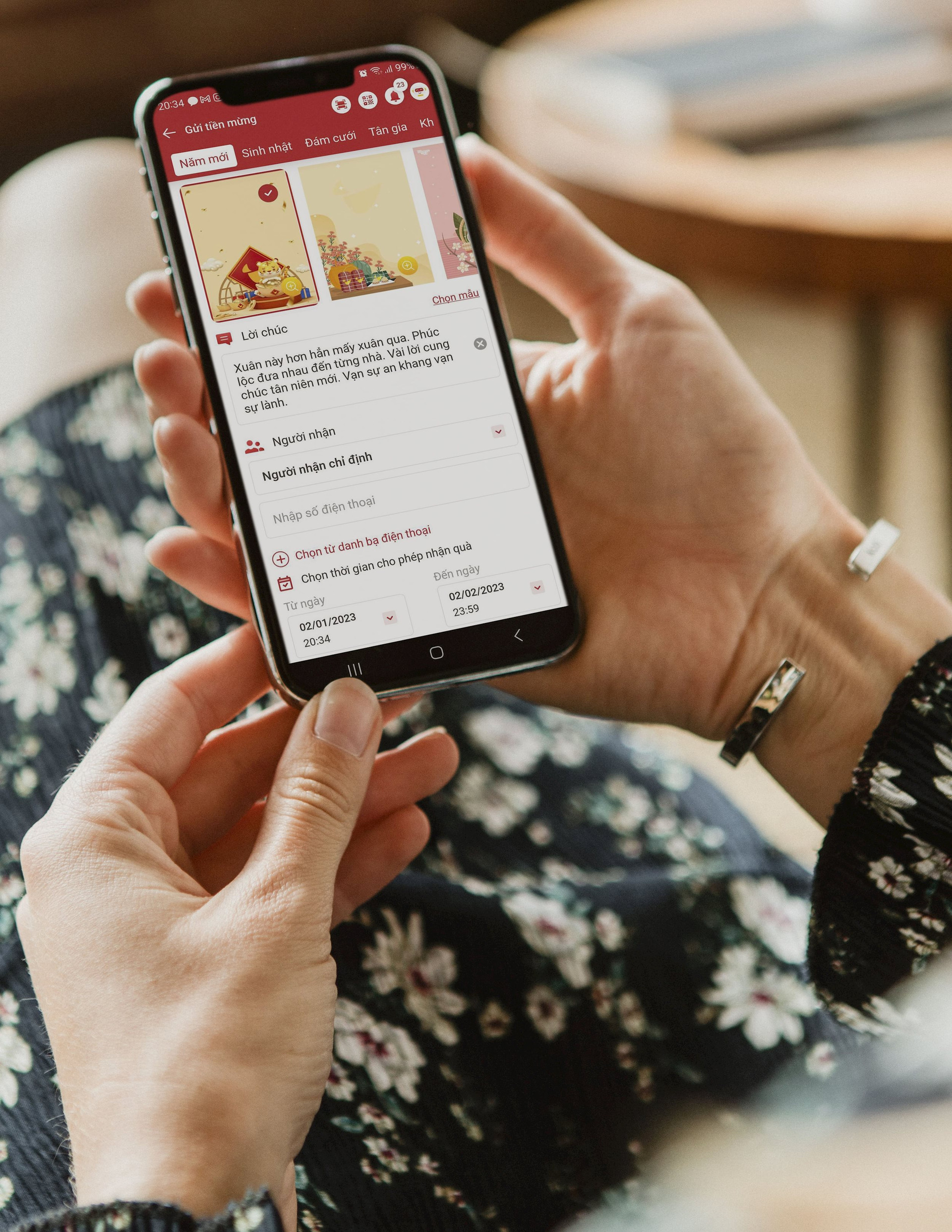It's time to change the mindset of using new money as lucky money, to avoid supporting money exchange activities to profit from the difference.

Every year, as Tet approaches, the service of exchanging new money for a profit becomes bustling again, despite the law, which states that violators can be fined from 20-40 million VND; if an organization violates, the fine will be double that of an individual.
Many bank employees also complained when relatives and acquaintances called or texted them asking them to exchange new money, even though this was not easy for them because of limited supply.
Why does this "already known, always said" story keep repeating itself year after year?
Firstly, giving lucky money at the beginning of the year is a custom and cultural beauty of the Vietnamese people. In the past, people often used small denominations of money, trying to choose new, unused money to give to the elderly and children with the wish to bring luck, fortune and good health to the recipient. But now it is different, small denominations such as 2,000 VND, 5,000 VND are usually only used to go to the temple. Lucky money is commonly in denominations of 10,000 VND, 20,000 VND, 50,000 VND. But many people also use large denominations of 100,000 VND, 200,000 VND, even 500,000 VND to give lucky money, and the general mentality is still to want to use new money. Where there is demand, there is supply. That is why money exchange services have a place to live.
Another reason for the existence of money exchange services is that although there are sanctions, strict handling seems difficult. Searching for the keyword “fined for exchanging money for profit” on Google brings up more than 2.3 million results, but the top search results are still mainly regulations on fines, not news about organizations or individuals who have been fined for violating these regulations.
According to the State Bank Inspectorate of Hai Duong province, in recent years, there have been no cases of money exchange violations in the province with records sent to the coordinating unit for handling.
Currently, new currency exchange transactions are mainly conducted online and pose many risks to the exchanger.
The question is how to reduce this violation? Some people think that it is time to change the concept of using new money as lucky money. Instead of focusing on the factor of using new money or having to use large denominations, focus on the meaning of lucky money.
One way that many people consider is to give lucky money without using cash. Currently, the use of internet banking is quite popular. Some banks have launched applications that allow users to send lucky money with wishes and cards in a youthful, cheerful style to make the first day of the year more lucky. Transferring money and sending "lucky money" online has become more convenient than ever.
For the elderly and children who have not used or do not use internet banking, lucky money can be used money. The important thing is to show respect for the elderly and love for children, and not let lucky money turn into a form of disguised gifts or bribes.
Even at relics and places of worship, many places have now posted QR codes to receive donations, showing a new way of thinking in receiving donations in the digital age. This is also a measure to reduce the use of small change (small denominations) and exchange this money for going to the temple at the beginning of the year.
Exchanging money for profit is a violation of banking law. In order not to support violations, we need to change our mindset about using cash, and choose safer, more practical solutions.
HOAI ANH